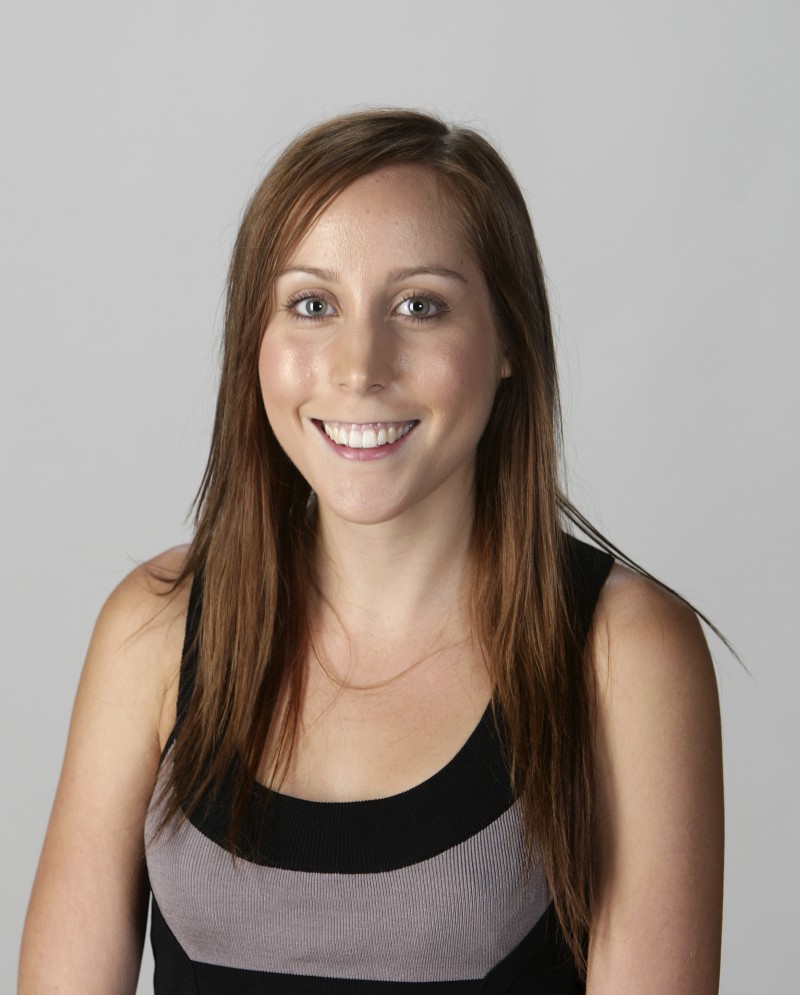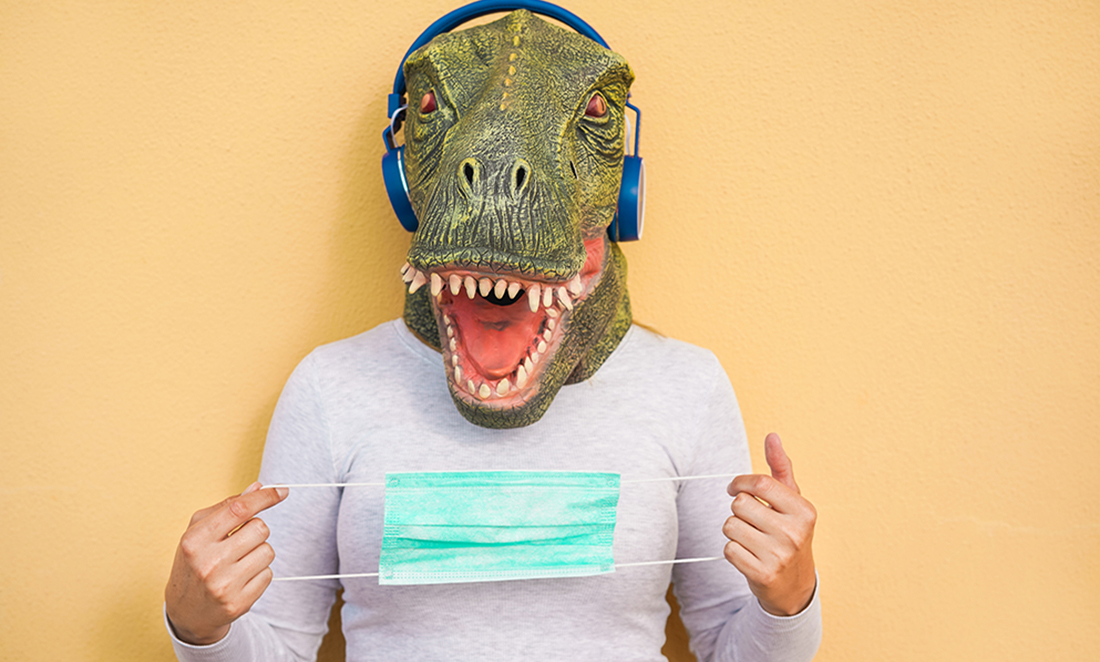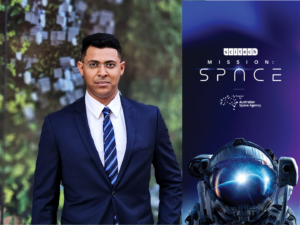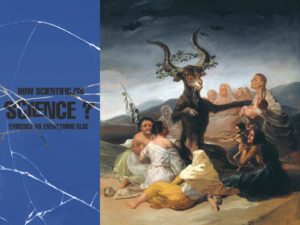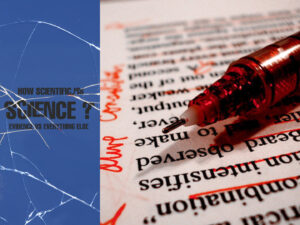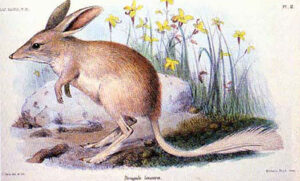A self-help guide created by WA researchers is reducing pandemic-related anxiety and depression.
The free, 10-page book acts as a form of low-intensity cognitive behavioural therapy or CBT.
It’s a common psychological treatment that identifies and challenges unhelpful thoughts.
The guide only takes about 30 minutes to read, but research suggests it can significantly reduce anxiety and depression.
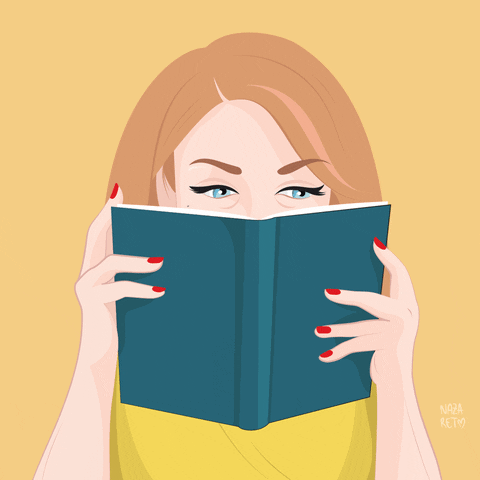
A global collaboration
Curtin University clinical psychologist Associate Professor Sarah Egan led the guide’s development. Sarah was working with the World Confederation of Cognitive and Behavioural Therapies when the pandemic hit.
“I very quickly got in contact with clinicians and researchers from around the world and wrote a guide in April [2020] on our top tips to cope with the pandemic,” she says.
“We had input from people around the world, we translated it into different languages and we sent it around the world.”
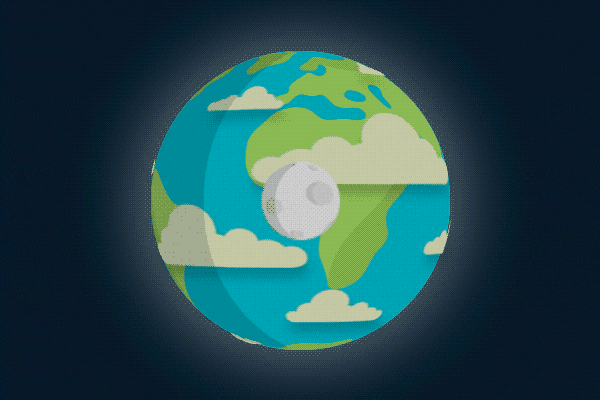
The guide has been distributed to 3 million people through GPs, health services and the community.
(And Sarah is currently sending it to everyone she knows in Sydney.)
The mental toll
Sarah says uncertainty is a huge factor in rising global rates of anxiety and depression.
“We know that a sense of uncertainty is very strongly linked to anxiety,” she says.
“And when people start to get anxious about things, then if that keeps going on, they can start to feel down.”
Sarah says pandemic-related news, financial challenges, home schooling and juggling parenting and work are all taking their toll.
“It’s that uncertainty. Are we going to lock down again? Are we not? It’s all those things in combination that are impacting mental health,” she says.
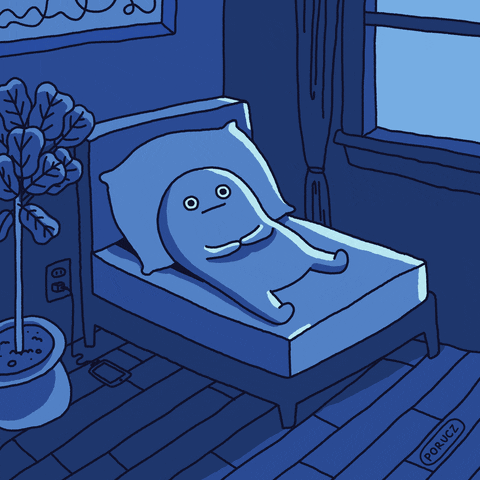
A few key strategies
With a spike in demand causing long wait times to see a psychologist, Sarah says self-guided strategies can help.
A state government-funded study of 225 people found those who read the guide saw their average score on an anxiety test drop from 8.37 to 5.62 a week later.
The average score on a depression test dropped from 8.25 to 6.05.
“It shows you that a) actually self-help interventions are really effective,” Sarah says.
“You don’t have to go and see a person necessarily unless self-help interventions don’t work or you are needing more help.
“And b) that if you just have a few key strategies, that in itself can be enough.”
Still feeling distressed? Sarah recommends asking your GP for a referral to a clinical psychologist or mental health clinician.
The ‘shadow pandemic’
Sarah points to a ‘shadow pandemic’ of mental health – something she believes we’ll see for years to come.
“The mental health impacts are going to be felt for a very long time,” she says.
“We know that rates of anxiety and depression are up across everyone worldwide … and it’s ongoing.
“As a researcher and a clinical psychologist, I’m concerned about the future mental health impacts.”
Crisis services
- For a life-threatening emergency, call 000.
- Request an urgent appointment with your GP to discuss referral to an appropriate support service for anxiety and depression.
- Call Lifeline for immediate 24/7 support on 13 11 14, or between 6pm and midnight (AEST), text Lifeline on 0477 131 114.


